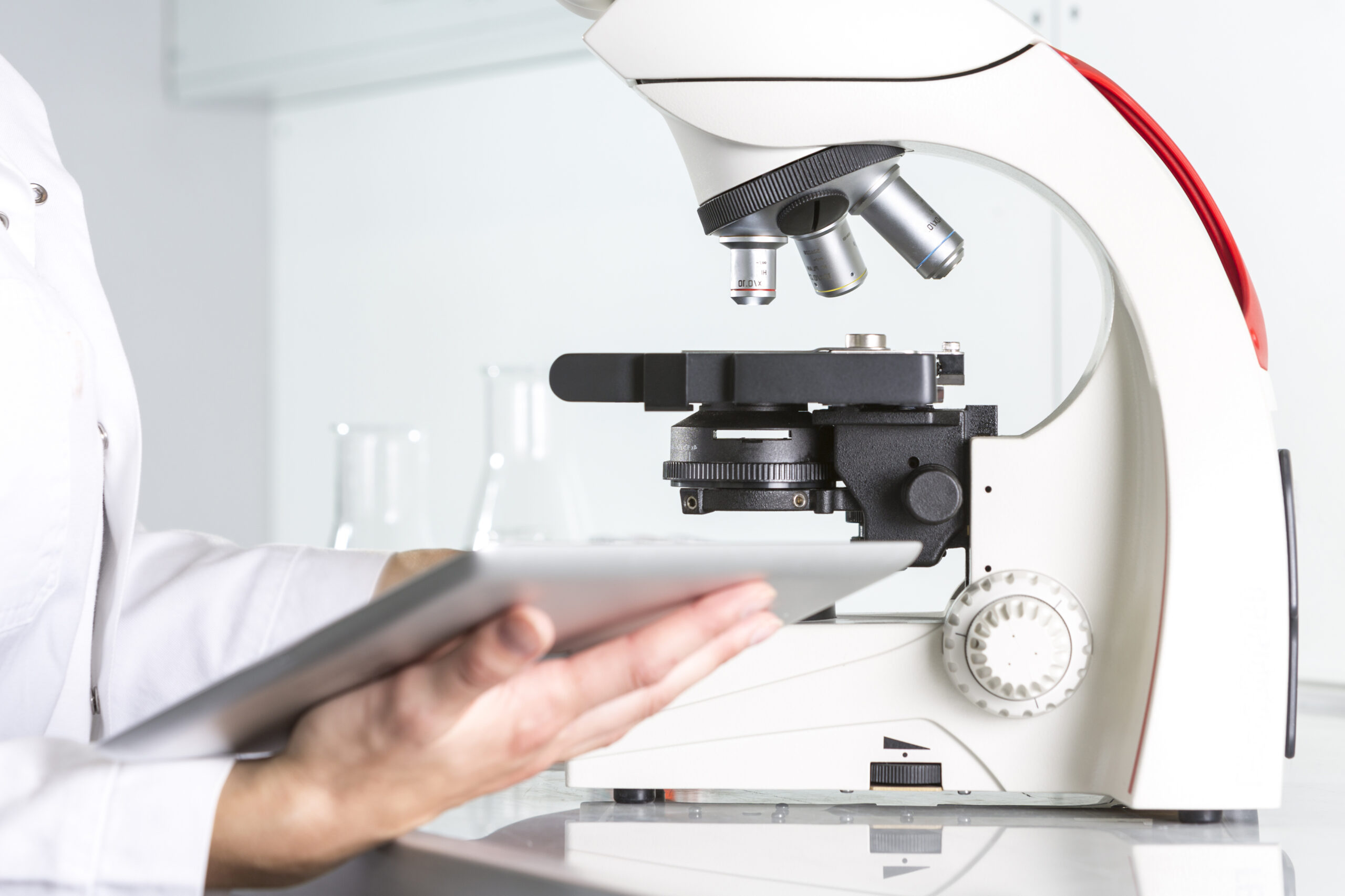When stem cells were discovered, they were first used for the human bone marrow transplant as one method of treatment. After that, several clinical trials of stem cell therapy for various diseases have been continuously conducted. Therefore, before we start collecting our stem cells, we should have a closer look at what stem cells are and their various benefits.

What are stem cells? How many types of stem cells are there?
Stem cells or originator cells are undifferentiated cells that have unique abilities to differentiate, or change, into specific and specialized cell types and to divide indefinitely to produce other stem cells.
Stem cells originate from 2 main sources.
Type 1: Embryonic Stem Cells Embryonic stem cells are the most potent stem cells. However, the clinical application of human embryonic stem cells is on hold because the harvesting of these stem cells is unethical. Most importantly, there is a lack of strict regulations to control the clinical use of human embryonic stem cells.
Type 2: Adult or Somatic Stem Cells Adult stem cells are undifferentiated cells found in many of our organs such as bone marrow, placenta and umbilical cord, etc. Stem cells are the origin of all cell types in the body including organ stem cells. For example, adult liver stem cells can enhance repair and regeneration of the liver itself. In addition, adult muscle stem cells also help functional restoration of the muscles and promote muscle repair and regeneration.

How many diseases can be treated with stem cells?
As of today, stem cell therapy has proven to be effective in treating more than 80 diseases, especially blood cancers, cardiovascular diseases, diabetes, and autoimmune diseases. Those diseases which are treated by stem cells mostly cannot be cured by modern medicine or have a few treatment options; therefore, stem cells are like drugs that help us to live longer.
How safe is stem cell treatment?
According to the data from the U.S. Food and Drug Administration, to date, there have been no reports stating serious side effects of stem cell treatments. However, there are some precautions when using stem cells in clinical practices which includes selecting highly safe stem cells with standard banking procedures. Moreover, the quality and purity of isolated stem cell population have to be concerned and there should be experts monitoring and taking care of every step from the isolation to the storage of stem cells.
Stem Cell for Life Company Limited has provided stem cell banking services for many years with international certifications and accreditations. Our services include umbilical cord blood stem cell banking, adult bone marrow stem cell banking, and adipose tissue stem cell banking. For decades, our team of qualified medical experts including researchers and medical scientists has worked to ensure an international standard of care. At Stem Cell for Life Company Limited, you can rest assured that we will do our best to provide you with the highest safety and quality and most reliable stem cell banking service.
References:
1. De Luca, M., Aiuti, A., Cossu, G. et al. Advances in stem cell research and therapeutic development. Nat Cell Biol .2019.21, 801–811.
2. Kabat M, Bobkov I, Kumar S, Grumet M. Trends in mesenchymal stem cell clinical trials 2004-2018: Is efficacy optimal in a narrow dose range?. Stem Cells Transl Med. 2020;9(1):17-27.
https://www.fda.gov/consumers/consumer-updates/fda-warns-about-stem-cell-therapies
